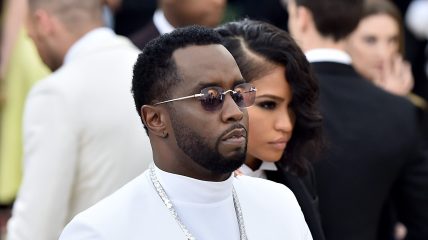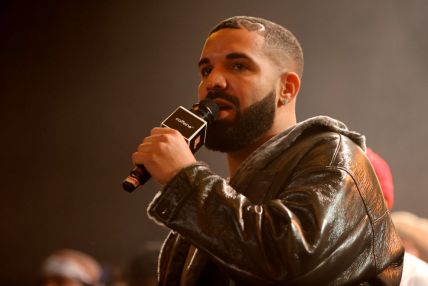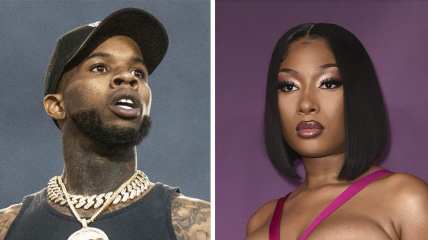Cassie’s revelations should be the beginning of the #MeToo moment for hip-hop
OPINION: We have spent all year celebrating the 50th anniversary of hip-hop, but there have been very few conversations about the mistreatment of women by the genre’s most beloved figures.
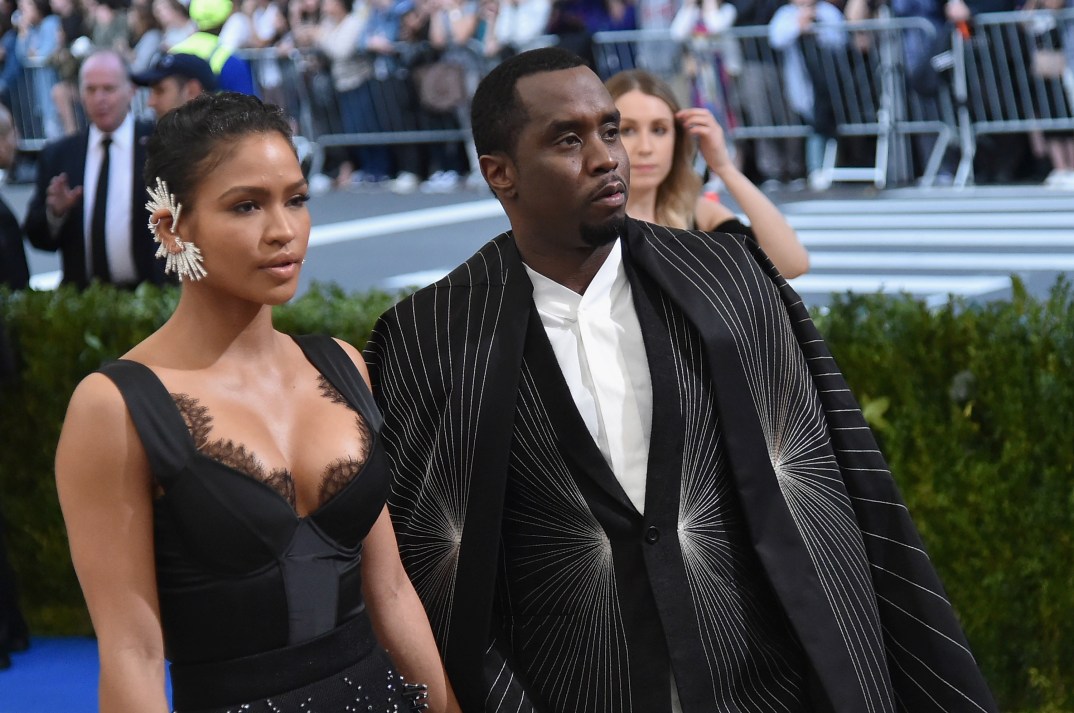
Editor’s note: The following article is an op-ed, and the views expressed are the author’s own. Read more opinions on theGrio.
By now you’ve heard the story.
Casandra Ventura, better known by the mononym Cassie, filed a federal lawsuit against her former boyfriend — music mogul and Bad Boy Records founder Sean “Diddy” Combs (neé Puff Daddy, Puffy, P Diddy, et. al.) — alleging physical and sexual abuse as well as human trafficking.
Within 24 hours of Cassie filing the suit, Diddy settled with her for an undisclosed amount thereby avoiding discovery, depositions and a trial that could have potentially exposed more of his business than he was ready for the world to know.
To be fair, from a legal standpoint, we can’t say whether or not the things Cassie alleged were true, but between my opinion and my Magic 8-Ball, all signs point to yes with a settlement that fast.
Cassie filed her lawsuit just before the expiration of a New York state law that allowed victims of sexual assault to file civil lawsuits against their alleged abusers in cases where the criminal statute of limitations had expired.
That law, the Adult Survivors Act, was signed into law by New York Governor Kathy Hochul last year and provided people over the age of 18 a one-year window to file a civil lawsuit against their accused abusers for any type of sexual assault regardless of when the assault occurred. That window closes on Thanksgiving Day, Nov. 23.
While the window to file civil lawsuits against accused abusers is closing, the door is not closed on the reckoning that is long overdue in hip-hop.
We’ve spent the entirety of this year celebrating the 50th anniversary of the birth of hip-hop, yet there have been very few conversations about the way hip-hop itself and male hip-hop artists have treated women who perform in the genre and those affiliated with it in one capacity or the other.
At the height of the #MeToo movement, multiple women came out and accused Def Jam Recordings co-founder Russell Simmons of sexual abuse. When the accusations became public, Simmons moved to Bali in a move many speculated was an attempt to escape accountability for his actions.
A 2020 documentary, “On the Record,” highlighted the stories of women who described being on the receiving end of sexual abuse and harassment by Simmons, including Drew Dixon, Sil Lai Abrams, and Jenny Lumet.
Simmons has denied the allegations.
In June of this year, his ex-wife Kimora Lee Simmons and his daughter Aoki made Instagram videos in which they described his abusive behavior toward them.
He isn’t the only one.
Dr. Dre infamously and viciously beat “Pump It Up” host, rapper, and hip-hop journalist Dee Barnes at a listening party in Hollywood in 1991 following a segment on her show during which rapper Ice Cube made disparaging remarks about his former fellow NWA group members, including Dre.
Rather than address the man who made the comments directly, Dre took his ire out on Barnes, grabbing her by her hair and slamming her head into a brick wall. When she tried to flee from the beating, he followed her into a bathroom and continued savagely beating her there.
Barnes told Vibe magazine in 2019 that he had a bodyguard with him who wielded a gun and prevented anyone from coming to Barnes’ defense. When one man did, he was pistol-whipped and lost two teeth.
“Straight Outta Compton,” a 2015 movie depicting the rise of NWA, conveniently left the assault of Barnes out of the narrative, along with the story of singer Michel’le — Dre’s former girlfriend and the mother of one of his children who has also accused him of abusing her.
In the 2017 HBO docuseries “The Defiant Ones,” Dre said of the incident, “I was out of my fucking mind at the time. I fucked up. I paid for it. I’m sorry for it. And I apologized for it. I have this dark cloud that follows me, and it’s going to be attached to me forever. It’s a major blemish on who I am as a man, and every time it comes up, it just makes me feel fucked up.”
But did he really pay for it? Has he really suffered because of it? Is it really following him in a way that has impacted his career in the same way that it has had a lasting impact on the career of Dee Barnes?
At the time of the assault, he pleaded no contest in court and got probation and community service.
He has gone on to become one of the richest people in hip-hop, receiving accolade after accolade, including receiving a Global Impact award at the Grammys and being the headliner during the 2022 Super Bowl halftime performance.
If he is suffering any repercussions at all for his actions, that suffering seems to be happening completely in silence.
On the other side of that equation is Barnes, who has had a hard time maintaining her career in hip-hop journalism and has experienced homelessness.
She has not been made whole.
As I write this, I think about statements Murder Inc Records founder Irv Gotti made on an episode of “Drink Champs” in reference to singer Ashanti. Gotti claims Ashanti was his girlfriend and that her 2002 hit “Happy” was written after they’d had sex. He also said he was upset when she began dating rapper Nelly.
Never mind the fact that he was the head of her record label and therefore her boss. We can even skip over the fact that he was 10 years her senior and she was in her very early twenties trying to make it in the music industry. He was also very married.
None of this seemed to cross his mind as he got drunker and drunker on the “Drink Champs” episode and made a fool of himself proclaiming his love for a woman who has grown up, matured and is not even thinking about him.
This is the power of hubris. This is what happens when you are high on your own supply of ego.
It’s also abusive in its own right, and it was enabled by the men around him who didn’t seem to think there was anything wrong with Gotti going on and on the way he did about a woman who was somewhere else entirely and minding her own business.
For her part, Ashanti has denied Gotti’s claims. She told Angie Martinez that Gotti had “a lot of girlfriends,” and she was not one of them.
This is hip-hop.
Hip-hop is where Tory Lanez shot Megan Thee Stallion, got convicted, and most men in the industry remained mum on the topic.
Hip-hop is where a clown-like pie-face Akademiks can use his large platform to repeatedly go after women rappers like they did something to him while having no smoke for the men in the game who have called him a “bitch” directly to his face.
Hip-hop is where Drake writes revenge fantasies about the women who have rejected him or broken up with him, and he gets away with it because it’s just rhymes.
Hip-hop is where a rapper like Talib Kweli can be kicked off of Twitter after being accused of conducting an entire harassment campaign against a young Black woman and everyone turns a blind eye. For his part, Kweli denies harassing the woman.
Hip-hop is where women are bitches and hoes and only good for sex, but when they talk about sex on their own terms, it’s suddenly a problem because they are controlling their own narratives and not centering men.
Hip-hop is where women can repeatedly accuse Trey Songz of physically assaulting them, drugging them and sexually abusing them, and he continues to get a pass while appearing as a featured artist on hit after hit because that’s how this game works.
The hip-hop game is rigged, and it’s rigged against women, and as a woman who loves hip-hop, I’m tired of dancing around the issue, both literally and figuratively.
Enough is enough.
I know there are plenty of women who want to see the abusers in hip-hop thrust into the light, and I stand with them.
I hear you, sis and your story deserves to be told.
#MeToo.
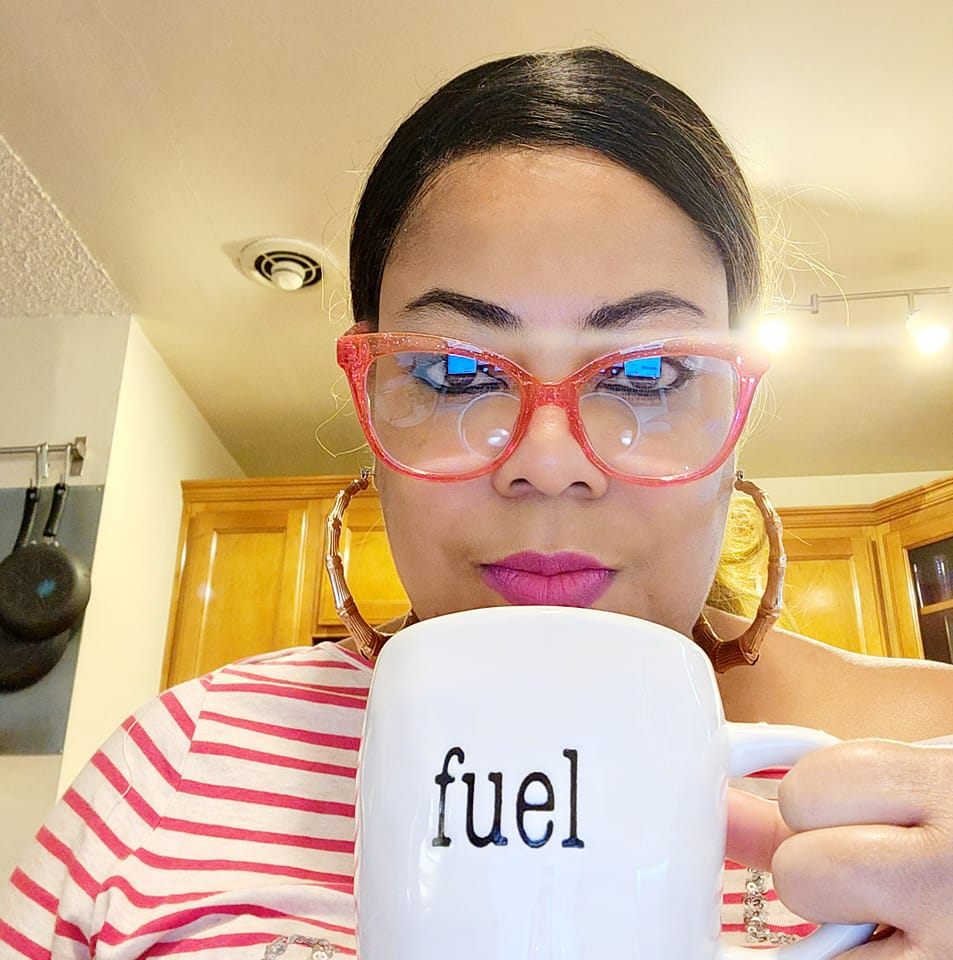
Monique Judge is a storyteller, content creator and writer living in Los Angeles. She is a word nerd who is a fan of the Oxford comma, spends way too much time on Twitter, and has more graphic t-shirts than you. Follow her on Twitter @thejournalista or check her out at moniquejudge.com.
Never miss a beat: Get our daily stories straight to your inbox with theGrio’s newsletter.
